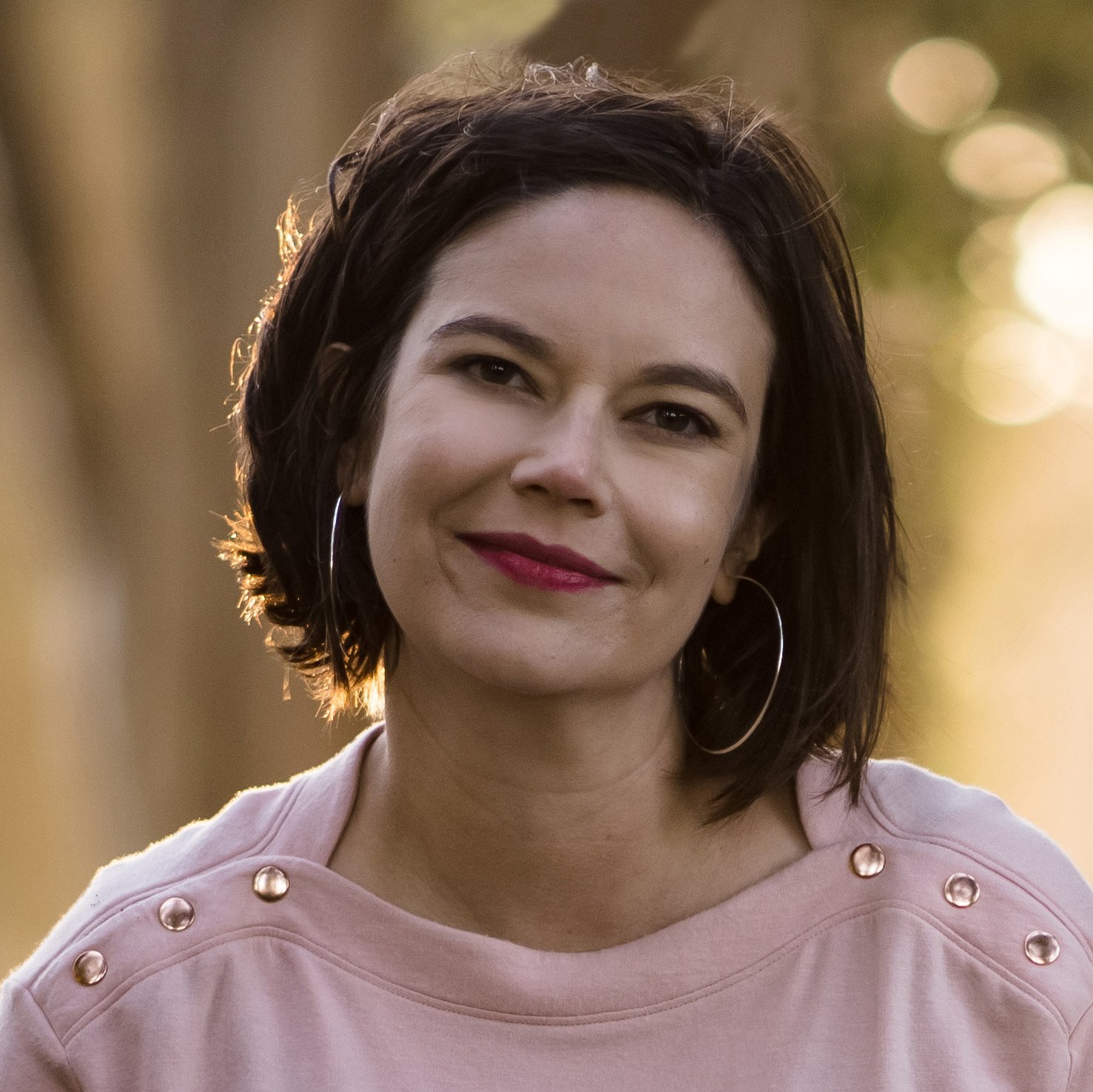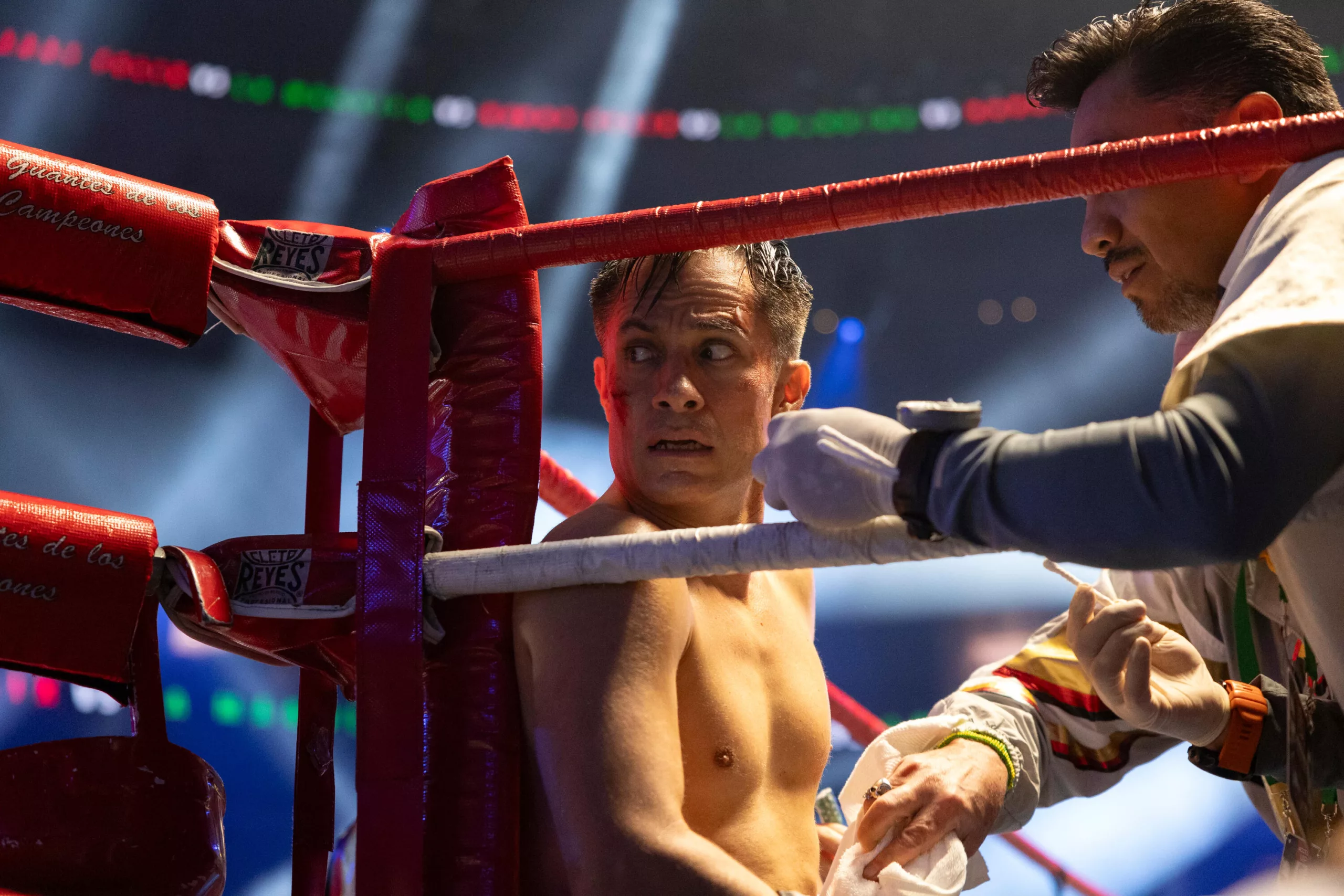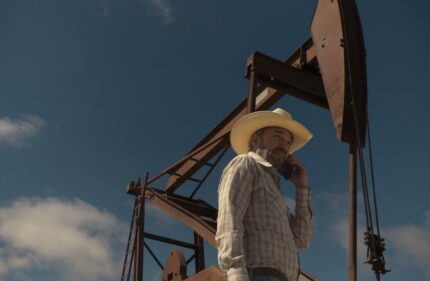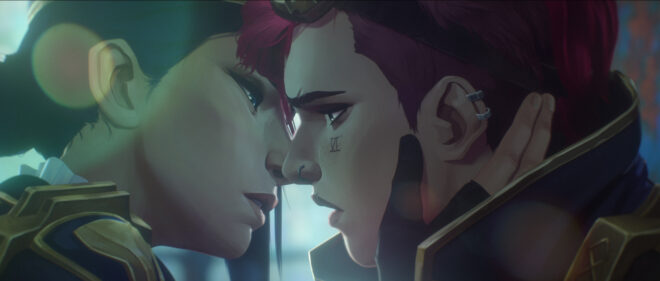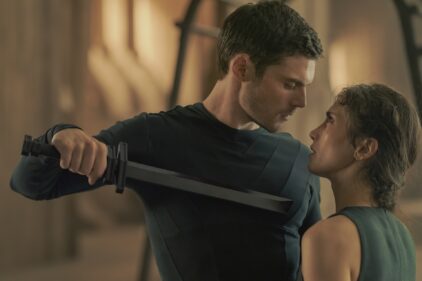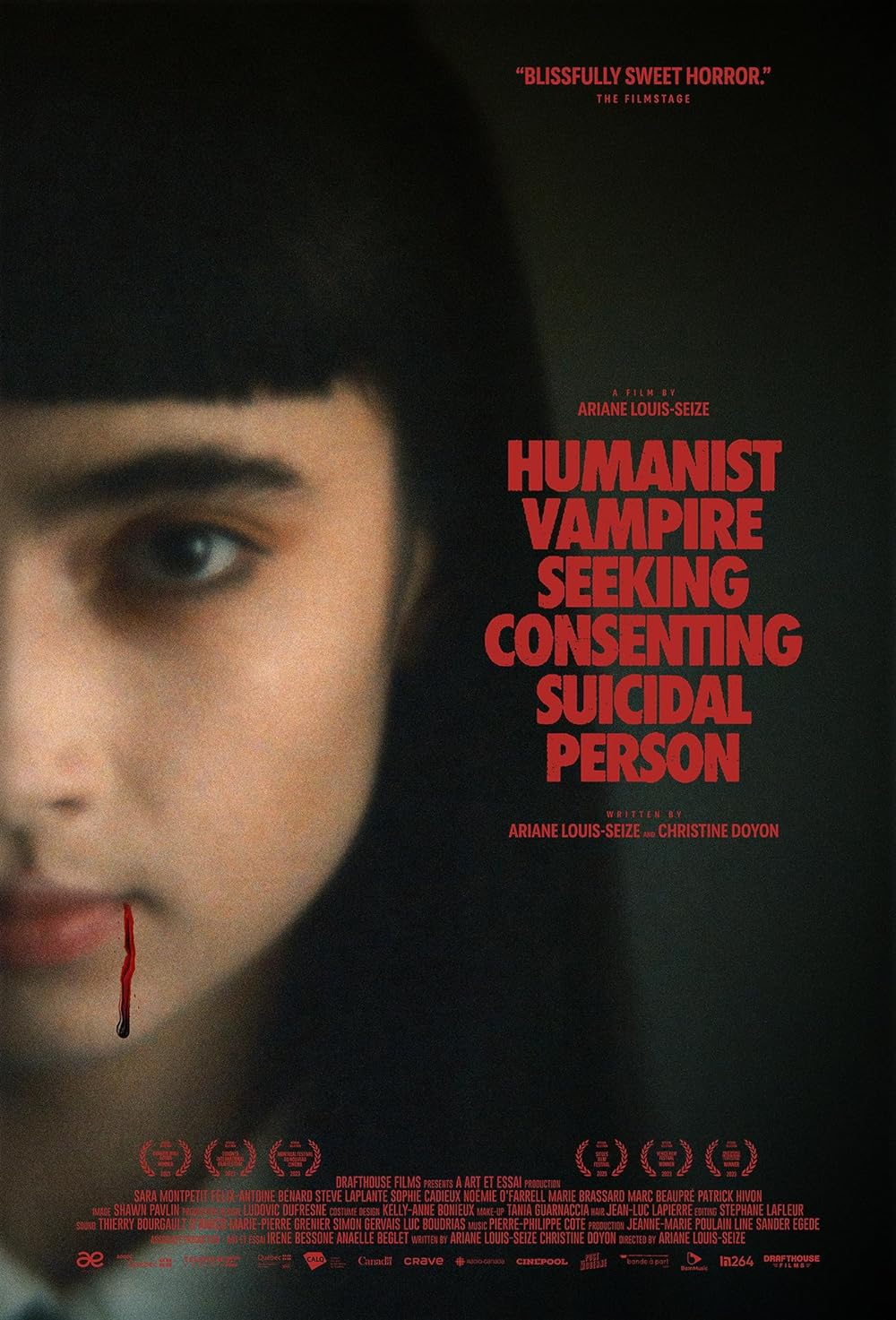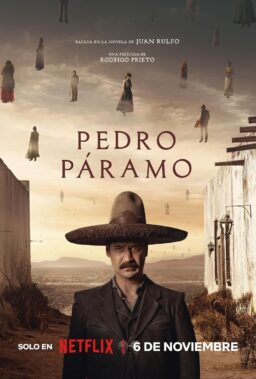What you need to know about Hulu's, Spanish-language "La Máquina" is that Diego Luna is downright hilarious in it. The six-part show follows old friends (and "Y Tu Mamá También" co-stars many years ago) Gael García Bernal and Luna as boxer Esteban "La Máquina" and his agent Andy.
Is García Bernal totally convincing as an aging lightweight champion? No. Without the costumes of "Cassandro" and that luchador's convincing affectation, García Bernal is left as himself, an appealing middle-aged Mexican actor who's perhaps grown accustomed to the easy life. It's hard to imagine him with the killer instinct to KO someone in the ring.
But that's ok because "La Máquina" has an unreal quality to it, and García Bernal's uncanny placement only adds to it. In fact, the show is all campy darkness that frankly delights. Here, Other People are the villains–and that's their literal name, the unnamed, unknowable power of others mostly existing off screen. Also, this is a reality where boxing is of the utmost importance, the winner of a match influencing world events, and so worthy of the attention of the world's most powerful players.
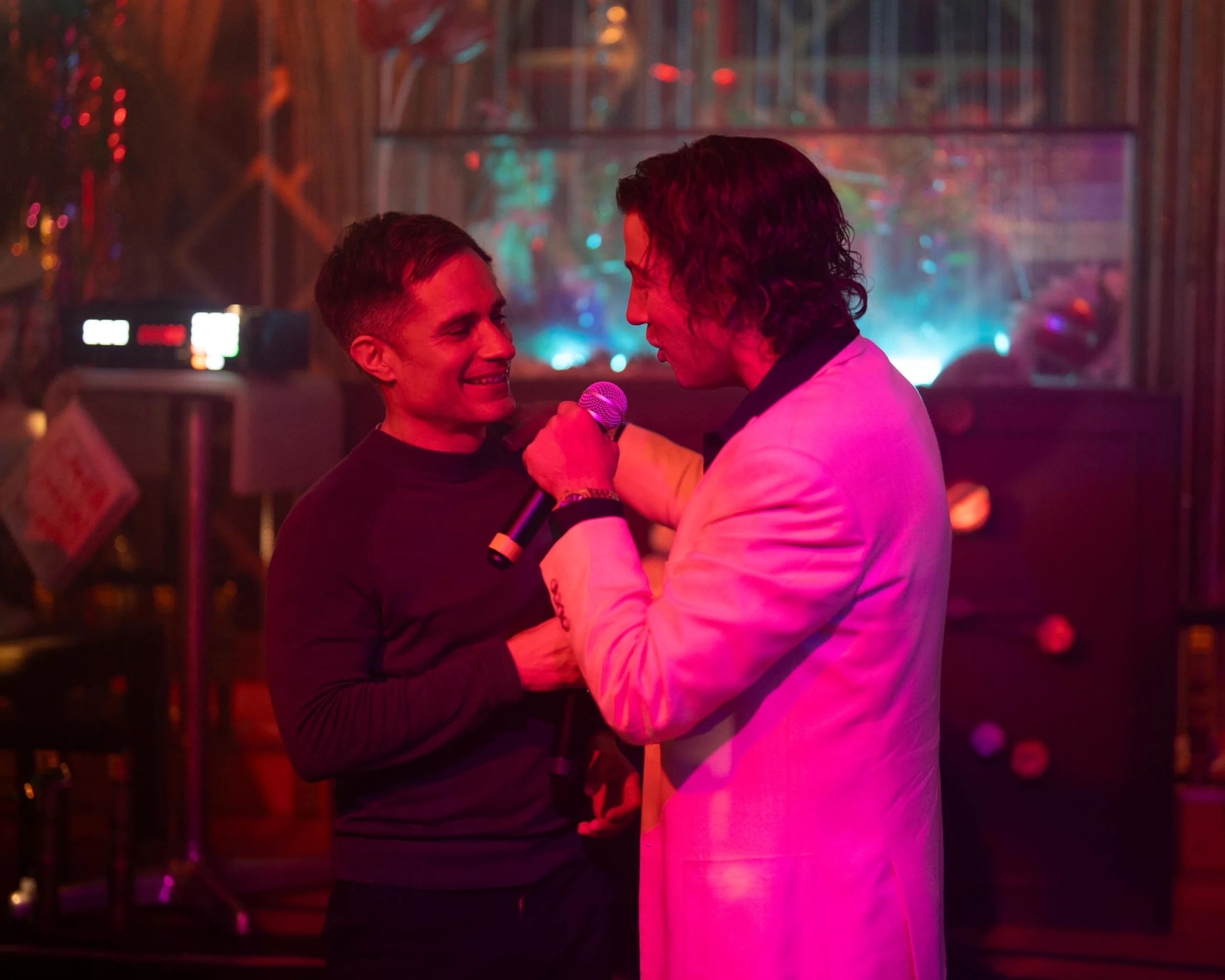
The show also toys with what's real and what's not, to the point where if it was revealed that it was all a dream in the final episode (not available to critics), well, that would make perfect sense. See Esteban has severe brain damage from his years of boxing and substance abuse, and his mind plays tricks on him, showing him things that aren't there. At first, it's easy to distinguish hallucination from reality, as the unreal is marked by changes in lighting and tone. But the series doesn't stay there, soon making Esteban's flights of fancy seem almost as real as the show's main events.
But don't worry, "La Máquina" is not a serious CTE drama–Andy is soon teasing Esteban about losing his mind. Yes, there are dark elements–murder, child abuse, trauma–and the suspense is compelling. Who are these Other People? Are they as powerful as they seem? Will they really do as they threaten?
Maybe! But don't expect "La Máquina" to ask any big questions about world politics. It's too silly for that. And Luna's distorted face is there to prove it. Fans of "Andor" will hardly recognize their hero here. Gone is the scrappy, underdog fighter. And in his place is a spray-tanned, hair-piece-wearing, botoxed-to-an-inch-of-his-life Luna. And he's having a ball with it.
With only his eyes remaining untouched, he glowers and pouts to uproarious effect, reminding us of exactly what show we're in. Bernal may play it serious most of the time, pretending to belong as an aging, world-famous boxer, but Luna apes convincingly, giving us a damning portrait of a Trumpian level of self-indulgence and winkingly inviting the audience to laugh at rich people and their self-inflicted trauma.
Even Eiza González gets in on the joke. She plays Esteban's ex-wife and the mother of his children. Mostly friendly, she's happy to drop an "I told you so" about Andy's antics and add to the heightened ridiculousness of it all.
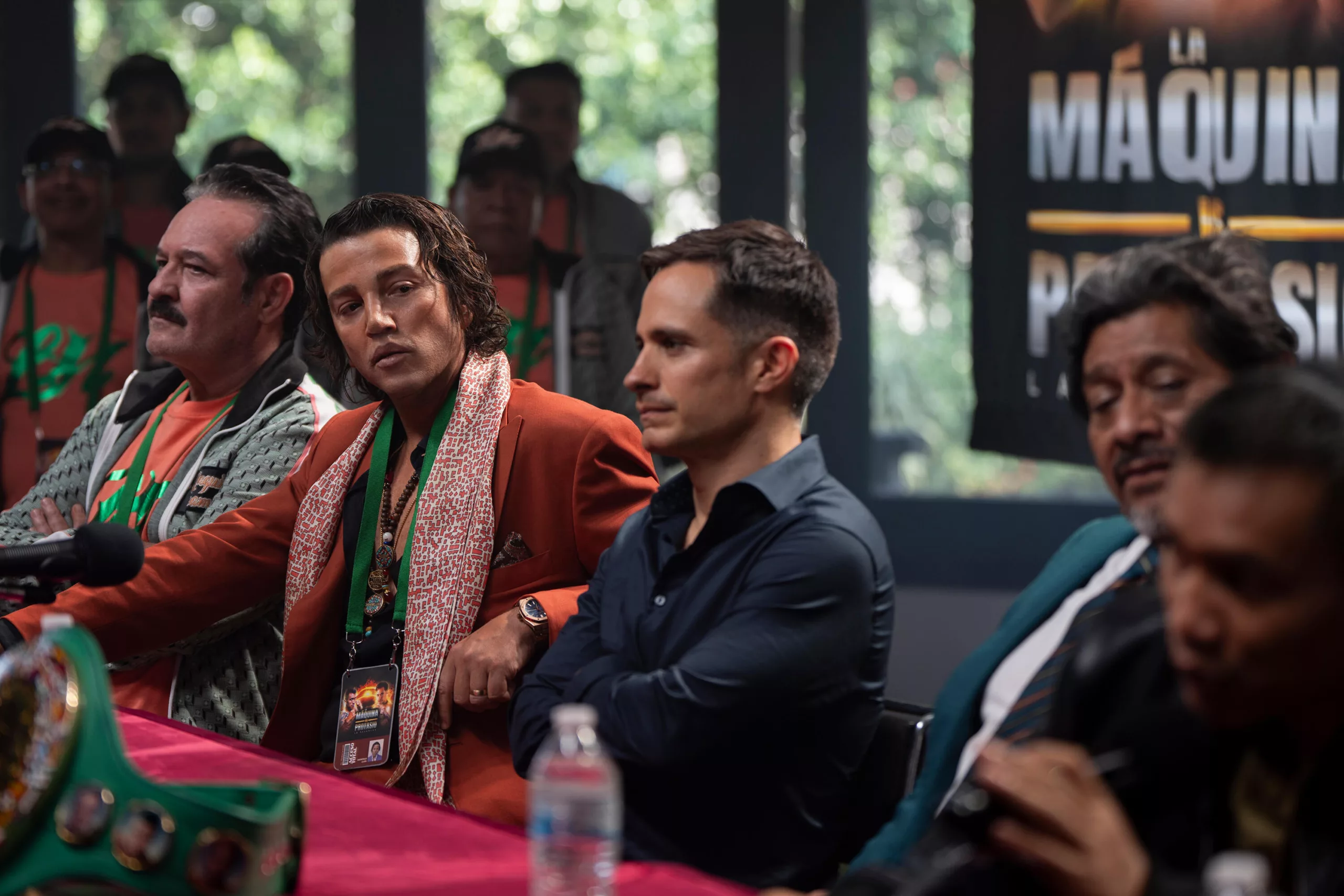
Yes, sometimes "La Máquina" can feel like two different shows: a psychological thriller and a farce. But it leans into its silly elements, making more of a point about conspiracy theories and what we expect (and will accept) as audiences than about politics or the nature of fame. The result is a fluffy, funny thrill that doesn't take itself too seriously.
It's almost as if real-life, decades-long friends Diego Luna and Gael García Bernal–together since before 2001's "Y Tu Mamá También"–wanted to make a movie about extremely successful friends and lampoon them. It's a bit of a knowing, self-critique while also allowing total deflection. For this isn't García Bernal and Luna at all. It's not even their alter egos: García Bernal is known for playing characters that reject the classic masculinity of boxers, and Luna, well, for having a totally different face (and persona).
Instead, it is two artists, at the height of their craft, making something fun and new.
Five episodes screened for review. Premieres on Hulu on October 9th.
